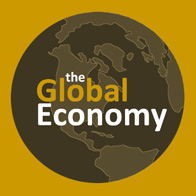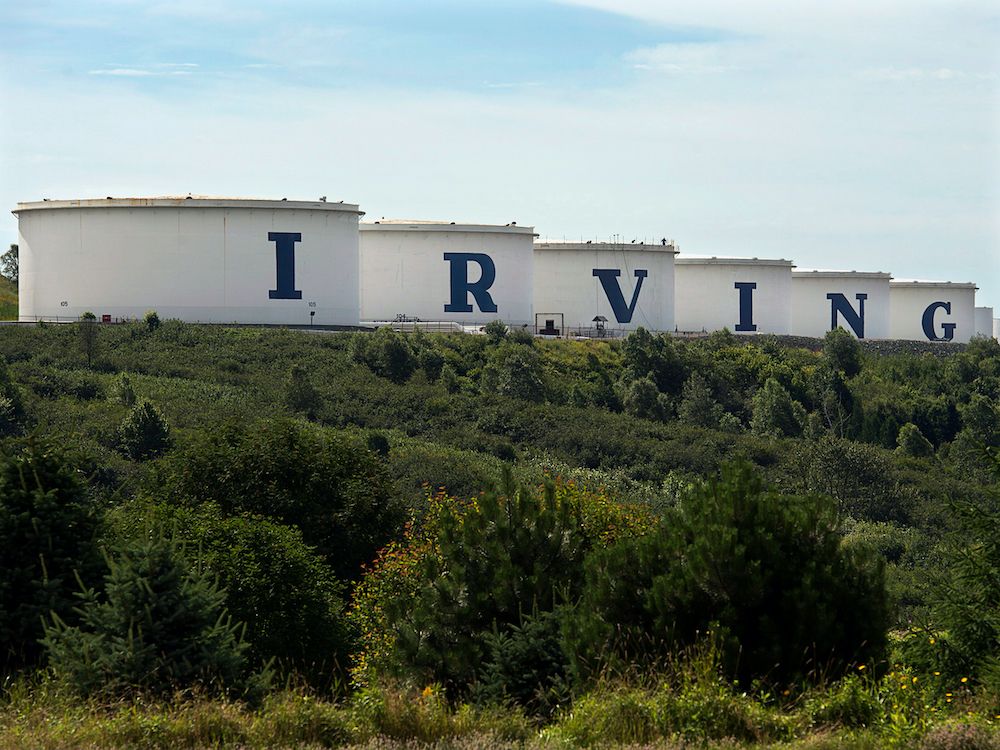Canada’s democracy under siege
Just as the Trojans learned the hard way to be wary of Greeks bearing gifts — the “gift” in question being the proverbial Trojan horse — so Canadians should be leery about political parties promising to restore their trust in democracy.
The Liberals used that line in 2015, pledging among other things to ensure the election was the last conducted under the first-past-the-post system; that the Access to Information system would be applied to ministerial offices, and an end to the “undemocratic practice” of tabling omnibus bills to prevent Parliament from properly reviewing legislation.
All of those commitments foundered on the rocks of naked political self-interest. Why risk inconvenient questions about the introduction of deferred prosecution agreements aimed at saving one company (Snclavalin), when the provision could be tucked into an omnibus budget implementation bill and rammed through Parliament?
On the eve of the 2019 elections,
Donald Savoie, the éminence grise of Canadian public administration, has written a timely book warning that democracy is threatened when it is abused in such a fashion.
The Canada Research Chair in governance at the Université de Moncton describes his tome —
Democracy in Canada — The Disintegration of Our Institutions — as his magnum opus, which after 45 previous books suggests it is worthy of note.
Savoie has taken stock of the health of Canada’s institutions and is distressed at what he has found. He is (mostly) persuasive in arguing that Canada has a democratic deficit that is getting worse.
To be sure, many of the problems he identifies have been present since Canada came into existence. As a born and bred son of New Brunswick, he is sensitive to the idea that
the Fathers of Confederation built institutions to fix problems plaguing Ontario and Quebec, rather than address the concerns of the “outer Canadas”. In this view, Canadian society has evolved since 1867 but the country’s political institutions have not.
“National institutions designed by and for a unitary state have been particularly adroit at accommodating the interests of the heavily populated regions but less so in dealing with the requirements of the smaller provinces,” he said.
Savoie offers the example of the Energy East pipeline.
“The Trudeau government had political problems with the Energy East pipeline because Quebec had problems with the project. It did not square with the province’s economic interests. The main beneficiaries were Alberta and New Brunswick,” he said. “The perception is that Quebec, in the name of national unity, has held the Damocles sword over the rest of Canada.
Mathieu Bouchard, senior policy adviser to Justin Trudeau, explains: ‘If Quebeckers don’t feel represented by government for a period of time, unlike in other provinces, it becomes a question of national unity. We always have to be conscious of the fact.’”
Savoie laments the poor job Canada is doing when it comes to regional equality compared to other federations. It is an argument that will find considerable sympathy among many Westerners and Atlantic Canadians.
But the importation of political institutions from Britain that were not suited to a federated pioneer society divided along linguistic lines do not entirely explain the relatively poor health of Canadian democracy, in Savoie’s judgment.
Rather, those institutions have been pressured by changing circumstances.
Political power is no longer located in Parliament, political parties, Cabinet or the bureaucracy.
It is now held by the prime minister, his immediate advisers, key lobbyists and economic elites.
Savoie says neither the Senate nor
Cabinet provide regional voices or perspectives any more, the latter having become
little more than a “focus group” for the prime minister. He notes that
two key decisions on deployment in Afghanistan — one by a Liberal government, one by a Conservative government — were
made in the PMO, without input from the ministers of National Defence or Foreign Affairs.
The author laments the lack of powerful regional ministers and recalls the occasion when Trudeau told journalists to direct questions to him rather than finance minister Bill Morneau, traditionally the government’s most powerful minister. “Competing brands from ministers only dilute the prime minister’s brand and it is not tolerated,” Savoie writes.
Trudeau promised to reverse the shift of governing from the centre when he took power. But in the author’s opinion,
“Trudeau fils has strengthened the centre of government rather than rolled it back.”
Savoie claims the
public service is another institution under siege, pressure that has created a fault line in the bureaucracy.
Senior public servants in Ottawa look to the policy process, trying to get the ear of ministers, while in the regions more lowly bureaucrats look to citizens and program delivery. In the words of Peter Harder, a former senior public servant who is now the government’s representative in the Senate,
the bureaucracy is so risk-averse, if it were a hockey team it would have “six goalies.”
Political parties have been so drained as vehicles for policy-making, they have become, in Savoie’s view,
“little more than election-day organizations, fundraising machines and a convenient venue to select candidates to help them win elections … Political parties have lost their brands to their leaders. The Trudeau, Harper and Scheer brands are now what count at election time.”
Savoie notes that
Parliament is no longer supreme, as the
courts shape policies and even programs to an extent that was unimaginable a generation ago.
The House of Commons has lost its way as the body that gives voice to “the sentiments, the interests, the opinions, the prejudices, the wants of all classes of the nation,” in the words of 19th century English writer Walter Bagehot.
“Today, the Commons falls short in pursuing these functions,” says Savoie. The House has “been
relegated to little more than providing democratic legitimacy for decisions made elsewhere.”
Neither does it fulfil its role in holding government to account on budget matters, allowing the Supply and Estimates process to become “an empty ritual.” Savoie contends the “deck is stacked against accountability” as MPS with little interest and no competence are bamboozled by the bureaucracy.
In this, he is overly pessimistic. The introduction of the Parliamentary Budget Office as part of the Harper government’s accountability reforms has created a tremendous resource for parliamentarians to call on when faced with impenetrable banks of numbers. He is overly critical too of the offices of the Auditor-general and Ethics Commissioner for playing to the press gallery. Both have offered a much-needed challenge function to the governing party in recent years — a development that should be welcomed, rather than regretted.
He should also be somewhat cheered by the Trudeau government’s Senate reforms, which have seen the emergence of a “new non-partisan, merit based process” to advise the prime minister on Senate appointments. Savoie served on the advisory board for appointments in New Brunswick, which he says worked as intended. Given the problems with reforming the Senate, or even abolishing it, Trudeau’s initiative seems like the most practical solution, even if its impact remains uncertain.
Despite these minor quibbles, the book is epic in scope. Nobody else but Savoie could have written such an exhaustive and authoritative critique of Canada’s institutions — the culmination of all his other work.
He is skeptical in all the right places:
“Trudeau realized after the 2015 general election that Canada’s electoral system works just fine, at least for him and his party.”
He is undoubtedly correct in his central claim that all is not well with Canada’s national institutions, although he grudgingly concedes in his last page that this country is blessed in many ways — universal suffrage by secret ballot, a competitive party system, a free press, a professional public service and an independent judiciary.
But the tensions he describes are real and likely to be exacerbated should the next government’s power base be even more focused in the urban areas of central Canada. As Savoie points out,
any reversal of the disintegration of Canada’s democracy has to start in the House of Commons, “the one national institution that has direct ties to every community in Canada.”
That would require a determined prime minister to reverse the shift of power into his own office — an unlikely prospect. Absent such a selfless individual, it requires Canadian voters to hold to account those who promise reform, only to renege once elected.











